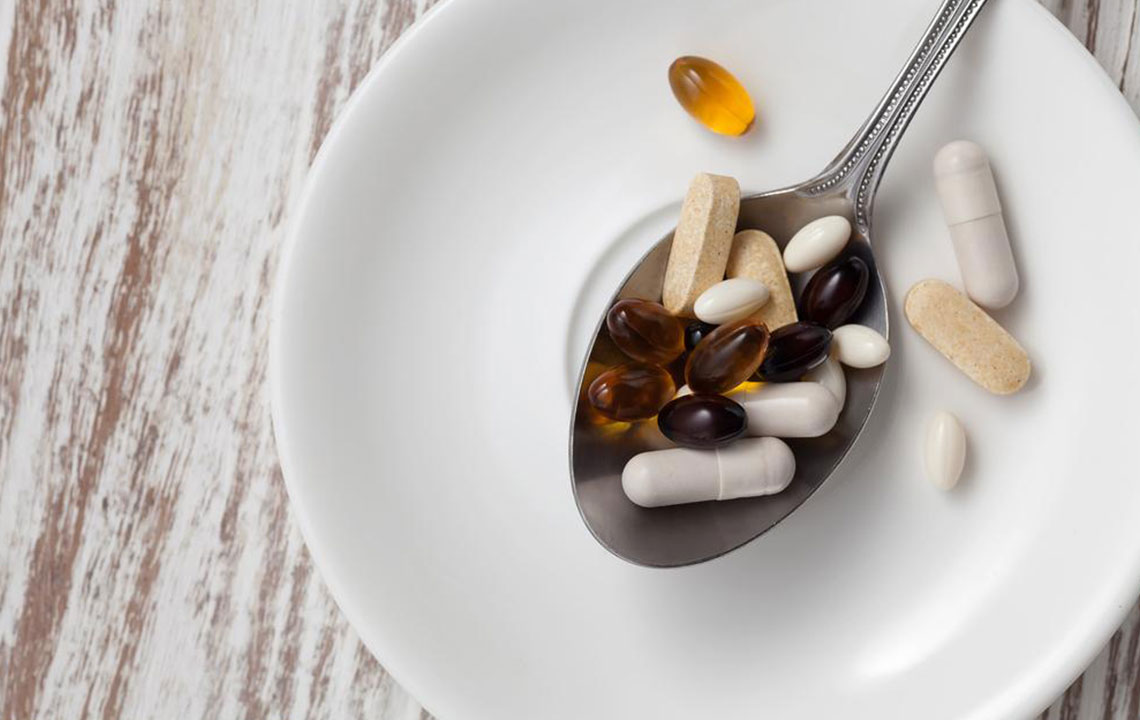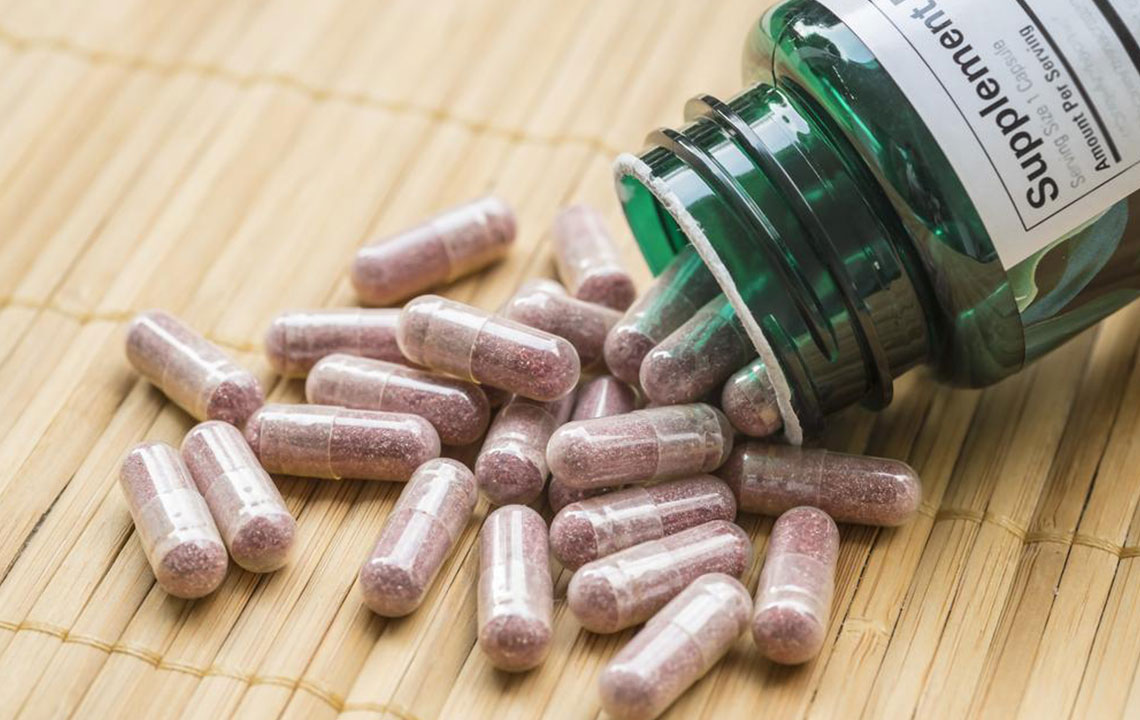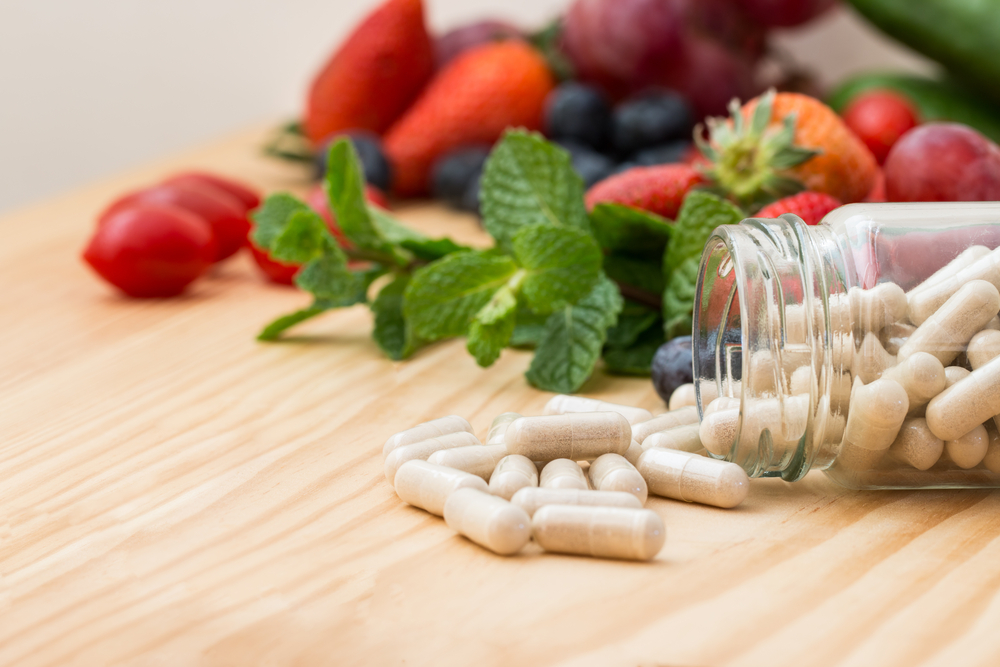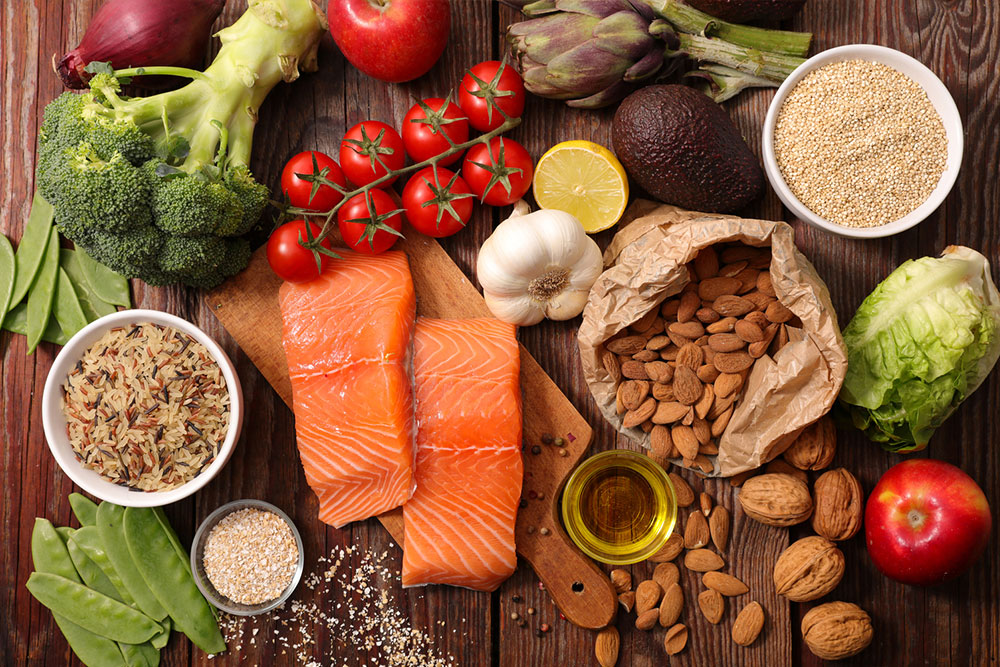Comprehensive Guide to Understanding Vitamin B12
Discover everything about vitamin B12, its importance, deficiency signs, daily needs, and tips for choosing the best supplements. Essential for nerve health, red blood cell production, and DNA synthesis, vitamin B12 is vital for overall wellbeing. Learn how vegetarians, vegans, and seniors can maintain adequate levels through supplements and dietary choices. This guide offers practical advice on supplement types, dosages, and how to ensure optimal absorption for better health outcomes.

Your Complete Guide to Vitamin B12
Vitamin B12, also known as cobalamin, is a water-soluble vitamin integral to the vitamin B complex. It plays a crucial role in supporting nerve health, aiding energy production, and facilitating DNA synthesis. It is vital for maintaining healthy red blood cells, nerve function, and proper metabolic processes.
This essential nutrient contributes to red blood cell formation, nerve cell development, and the synthesis of genetic materials like RNA and DNA. Adequate levels are important for overall health and neurological function.
Signs of Vitamin B12 Deficiency
Deficiency symptoms include fatigue, muscle weakness, dizziness, numbness, shortness of breath, heart palpitations, bleeding gums, mouth sores, decreased appetite, and diarrhea. Severe deficiency can cause pernicious anemia, leading to memory issues, confusion, and cognitive decline.
Since vitamin B12 is mainly from animal products, vegetarians and vegans are at a higher risk of deficiency. Older adults, individuals with absorption problems, pregnant women, and those with certain gastrointestinal conditions should monitor their levels carefully.
Daily Intake Recommendations
People aged 14 and above need about 2.4 micrograms daily.
Pregnant women should consume approximately 2.6 micrograms daily.
Lactating women require about 2.8 micrograms per day.
Older adults over 50 should consider fortified foods or supplements to meet their B12 needs. Vegetarians and vegans are advised to include B12 supplements, as natural food sources are predominantly animal-based. Even meat eaters with absorption issues should consider supplementation to maintain optimal levels.
Supplements can improve absorption since individuals vary in how efficiently they process nutrients. Factors like gut health, genetics, and food pairings influence vitamin absorption from both food and supplements.
When choosing a B12 supplement, consider these factors:
Opt for supplements over fortified processed foods. Fortified foods may not deliver consistent B12 doses and often include additives or sugars that impair absorption. High-quality supplements derived from natural sources are preferable.
Ensure the supplement is vegan-certified. Avoid animal-derived sources, and verify labels accordingly. Many vegan options are non-GMO, organic, and allergen-free.
Choose methylcobalamin over cyanocobalamin. Methylcobalamin is better absorbed, stays in the body longer, and is generally more effective. For vegan or whole-food options, verify that they contain adequate methyl B12.
Look for sublingual, spray, or liquid forms. These bypass digestion, ensuring quicker and more efficient absorption. Avoid supplements with added sugars or artificial ingredients.
Select a suitable dosage based on your needs. Typical over-the-counter doses range from 500 to 1000 micrograms daily. Higher doses, administered via injections, require medical supervision.
If you're a vegan or have absorption issues, consult a healthcare provider before taking high-dose B12, especially if symptoms like fatigue or anemia persist. Starting with 1000 micrograms and adjusting as needed can be effective. B12 supplements are safe, accessible, and affordable—supporting overall wellness.










